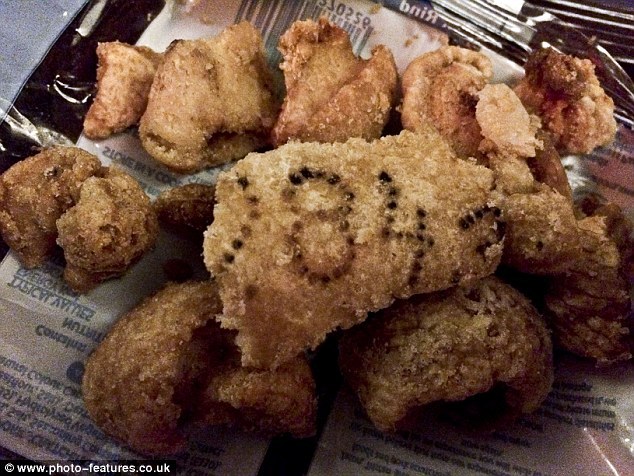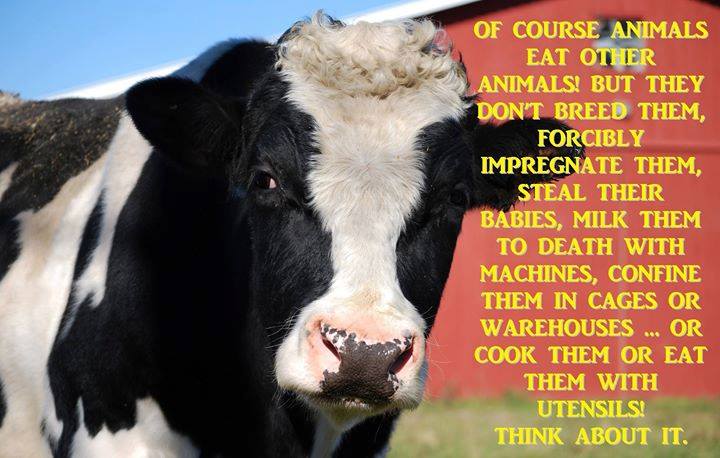To be vegan is to know that if you scratch the meat industry’s surface, unending cruelties and miseries will be revealed.
A patron at a bar on the outskirts of London discovered this for himself while enjoying a pint of beer and a bag of pork rinds. Upon removing one of the rinds from its plastic bag, he discovered that, through the deep-fried surface, a tattooed number was plainly visible.
Around the world, factory farms routinely cut notches out of pigs ears, and tattoo their skin, for identification purposes. You’ve of course got to wonder whether, if they can’t even be bothered to keep tattooed skin from being made into pork rinds, what other corners do pork producers cut when it comes to issues of animal care and food safety?
Contacted by a reporter, the spokesman for the pork rinds producer either replied with the dryest British humor imaginable, or conclusively proved the company couldn’t care less about all this incident implied: “It’s not going to harm anybody, the ink is perfectly safe and non-toxic.”
Yew, he really and truly said that. But maybe the key to succeeding in business is to know your customers. And meat companies must surely know that anyone who eats pork rinds has likely abandoned all standards when it comes to choosing food. Here’s how the man who bought the offending pork rinds responded to his discovery:
I must admit it did put me off to start with. But then I thought what the hell and I still had my pint left so I ate it. Despite the writing it still tasted pretty good with my beer.
Fortunately, this story has been picked up by the Daily Mail, guaranteeing that large numbers of meat eaters who do have some interest in what goes into their food will learn the truth.
The post Tattooed Pork Rinds appeared first on Vegan.com.

